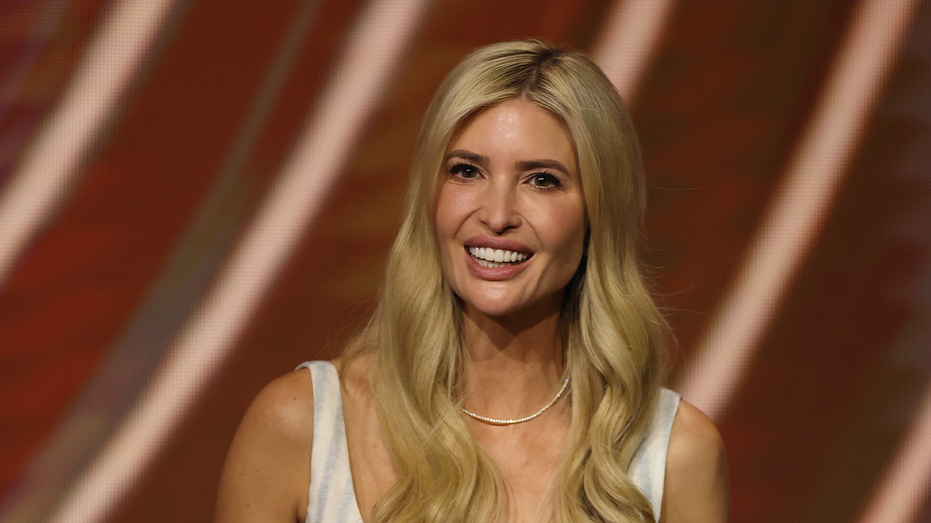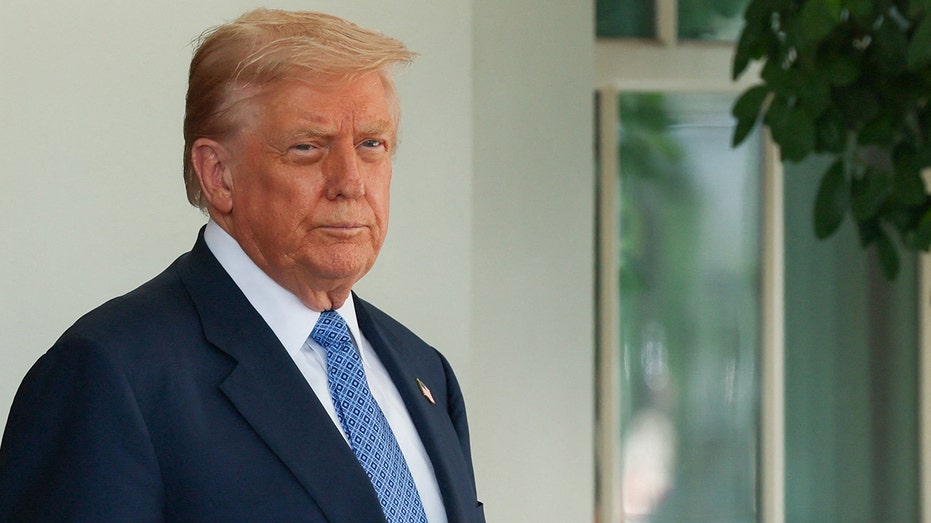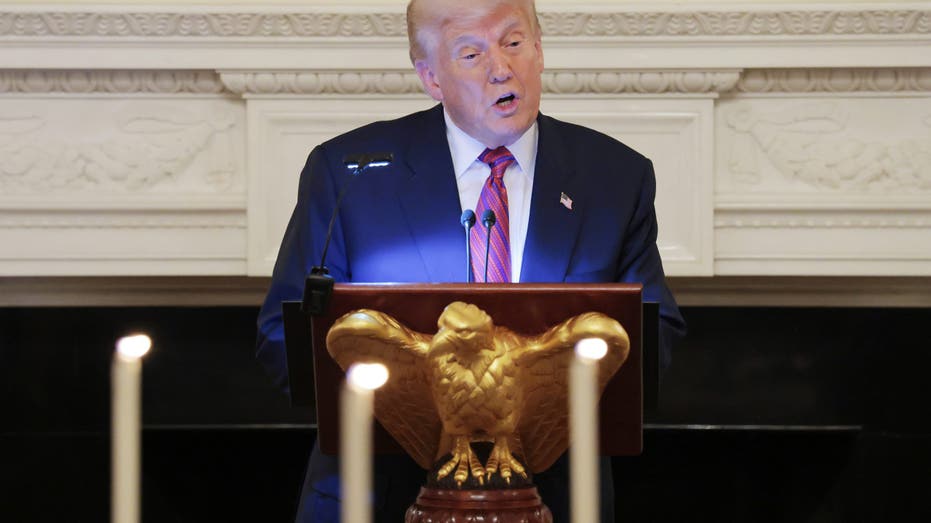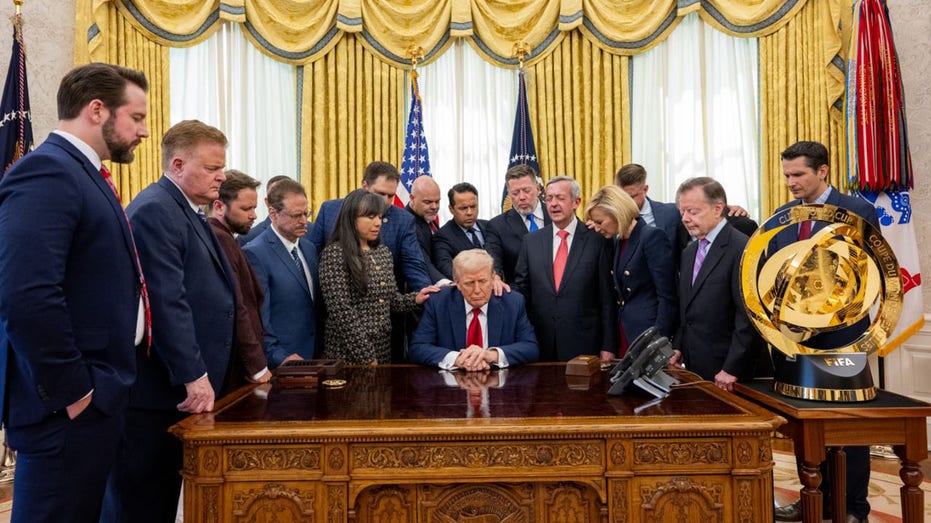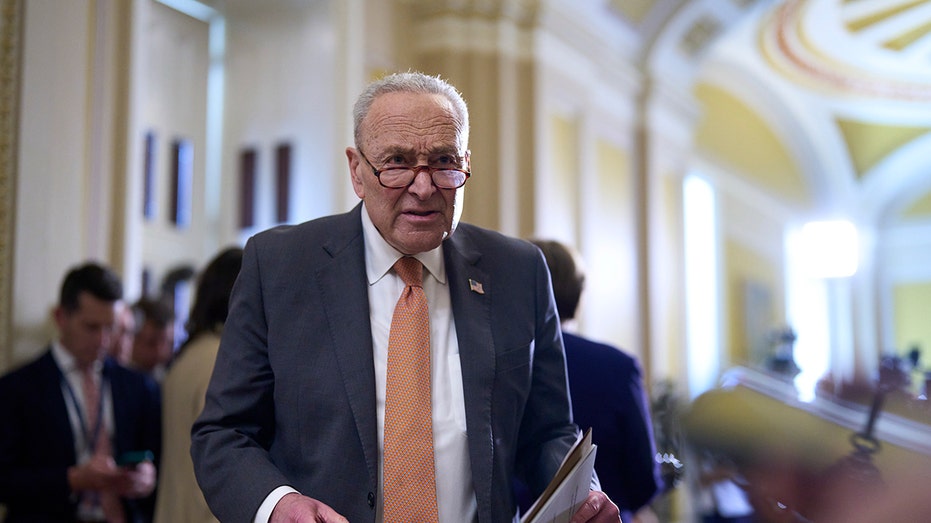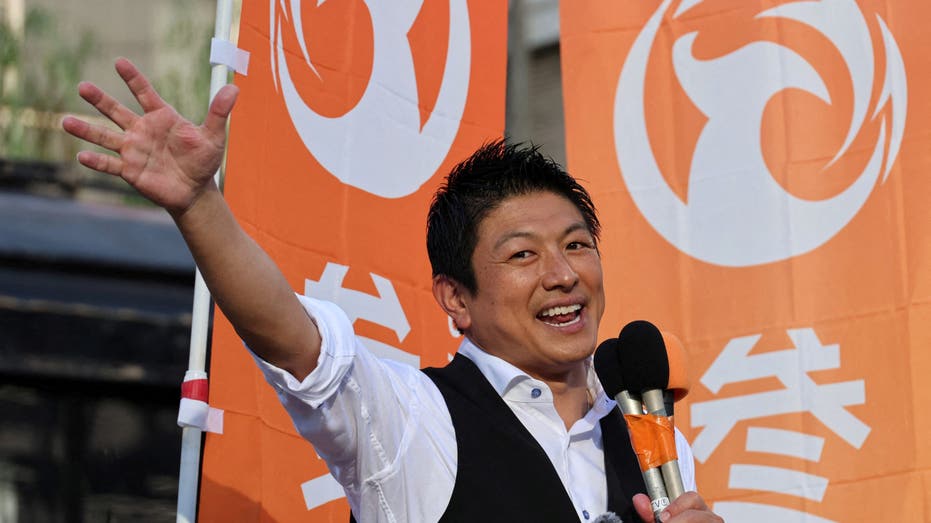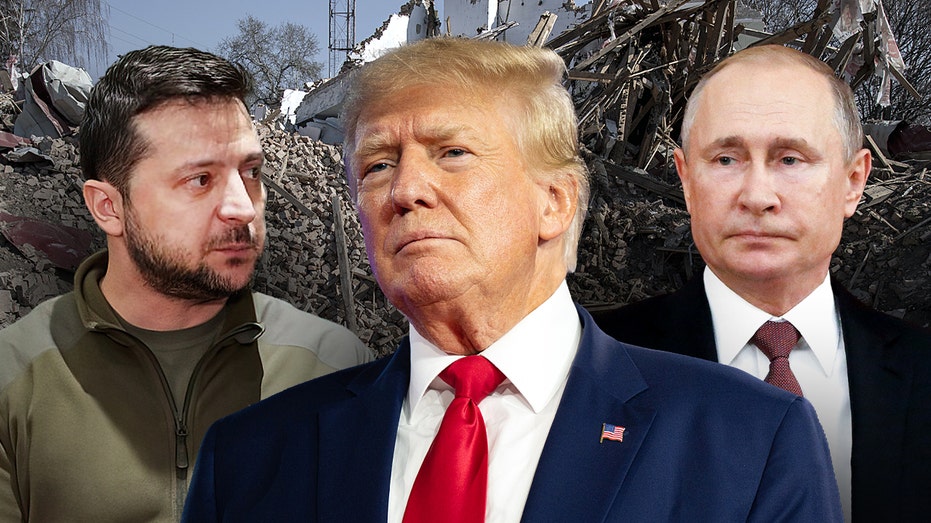Ivanka Trump's UFC White House Fight: A Knockout Political Strategy?

Sarah Johnson
August 14, 2025
Brief
Analysis of Ivanka Trump's involvement in the UFC White House fight, exploring its political implications, the blurring of entertainment and politics, and future impact.
Opening Analysis: The planned UFC fight at the White House in 2026, facilitated by Ivanka Trump, represents more than just a sporting event; it's a calculated move to blend entertainment and politics, leveraging a popular sport to promote a specific vision of American patriotism during the nation's 250th anniversary celebration. This event highlights the ongoing blurring of lines between sports, entertainment, and political messaging, raising questions about the use of national symbols and events for partisan purposes.
The Bigger Picture: The idea of hosting a UFC fight at the White House draws on a historical precedent of presidents using public events to shape national narratives. Theodore Roosevelt famously used boxing as a symbol of American strength and masculinity in the early 20th century, even inviting boxers to the White House. More recently, presidents have leveraged sporting events to project an image of national unity and vigor. However, involving UFC, a sport known for its violence and often controversial figures, introduces a new dynamic. It moves beyond traditional sports like baseball or football, which have historically been used to promote a more sanitized version of American identity. The involvement of Ivanka Trump, who has largely remained out of the political sphere since her father's presidency, adds another layer of intrigue, suggesting a strategic re-emergence into public life.
What This Really Means: This event can be interpreted as a strategic attempt to connect the Trump brand with a broad demographic, particularly those who are fans of UFC. By hosting the event at the White House, the association elevates UFC's status while simultaneously associating the Trump name with the sport's popularity. This tactic reflects a broader trend of politicians leveraging entertainment and pop culture to reach audiences that may not be engaged through traditional political channels. The choice of UFC, with its strong appeal to a younger, often male audience, suggests a targeted effort to cultivate support within this demographic as the 2026 midterms approach. Beyond the immediate political gains, this event also serves to normalize the blending of entertainment and politics, potentially setting a precedent for future administrations.
Expert Perspectives:
- Dr. Alison Dagnes, Professor of Political Science at Shippensburg University: "This event is a prime example of 'politainment,' where political figures use entertainment to boost their popularity and connect with voters on a less formal level. While it can be effective, it also risks trivializing important national symbols and events."
- Dr. Daniel Drezner, Professor of International Politics at Tufts University: "The strategic use of cultural events to promote a specific vision of national identity has a long history. However, the choice of UFC raises questions about the messages being conveyed, particularly regarding violence, masculinity, and national pride."
Data & Evidence:
- A 2024 ESPN poll found that UFC's fanbase is predominantly male (65%) and skews younger, with nearly half of viewers aged 18-34.
- Nielsen ratings from 2023 showed that UFC events consistently attract large audiences, often rivaling major sporting events like MLB and NBA games.
- Social media analytics reveal a significant overlap between UFC fans and supporters of populist political figures, suggesting a potential for cross-promotion and political engagement.
Looking Ahead: The success of this UFC event could lead to more frequent collaborations between the entertainment industry and political figures. It could also encourage other political actors to seek out unconventional platforms to connect with voters. Key aspects to watch include the event's viewership numbers, social media engagement, and any shifts in public opinion related to both UFC and the individuals involved. Furthermore, the event's legacy might influence how future administrations approach national celebrations and the incorporation of popular culture into political messaging. The choice of fighters included on the card will also be scrutinized, as any perceived political endorsements could further blur the lines between sport and politics.
The Bottom Line: The UFC fight at the White House is a complex event with significant implications. It's a calculated move to leverage the popularity of a combat sport for political gain, promote a specific vision of American identity, and normalize the blending of entertainment and political messaging. While it may prove successful in attracting attention and engaging certain demographics, it also carries the risk of trivializing national symbols and raising questions about the appropriateness of promoting violence in the context of national celebrations. The long-term effects of this event remain to be seen, but it undoubtedly marks a significant moment in the evolving relationship between sports, entertainment, and politics.
Topics
Editor's Comments
While the UFC event at the White House may seem like a novel idea, it's important to consider the potential downsides. Is associating the highest office in the land with a sport known for its violence the right message to send, especially to younger audiences? Furthermore, the selection of fighters for the event could easily become politicized, leading to accusations of favoritism and further eroding trust in institutions. It's crucial to critically examine the implications of such events beyond their immediate entertainment value.
Like this article? Share it with your friends!
If you find this article interesting, feel free to share it with your friends!
Thank you for your support! Sharing is the greatest encouragement for us.
